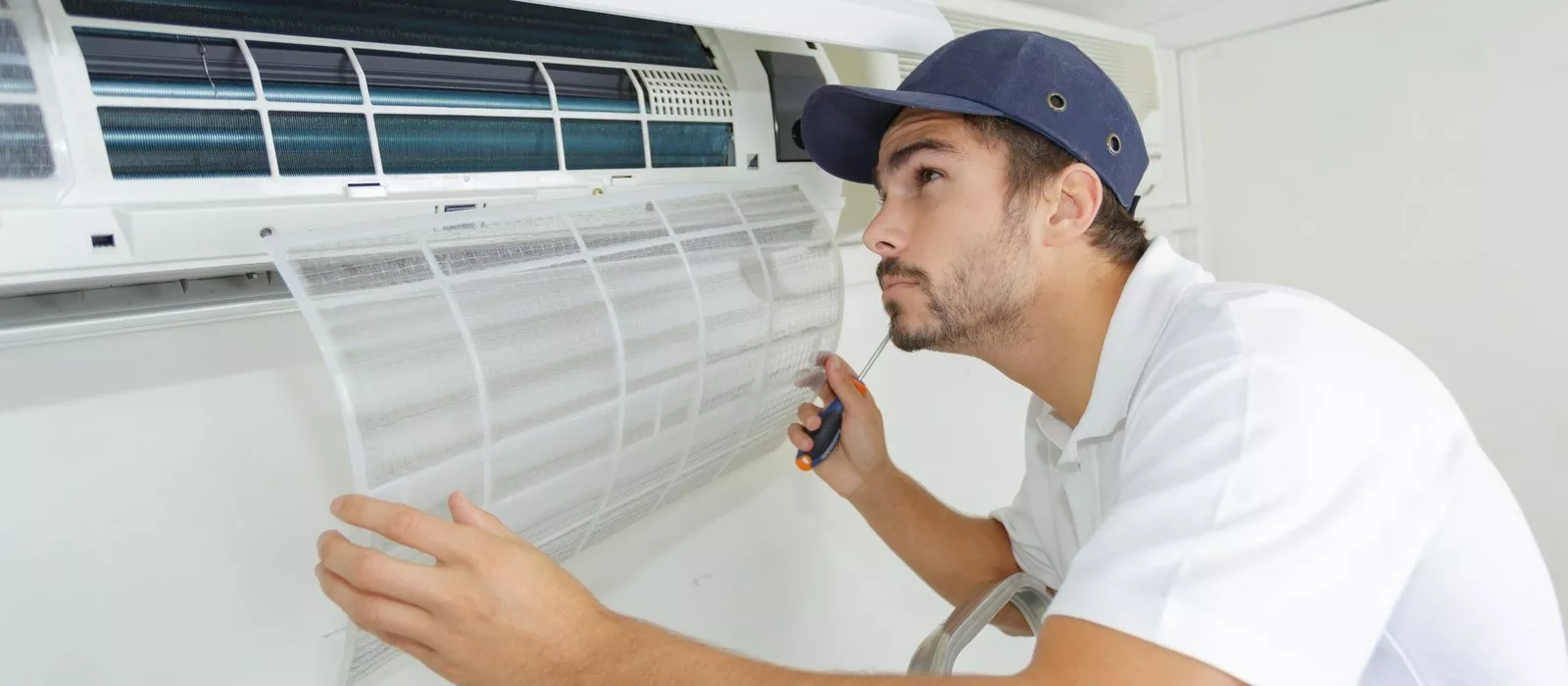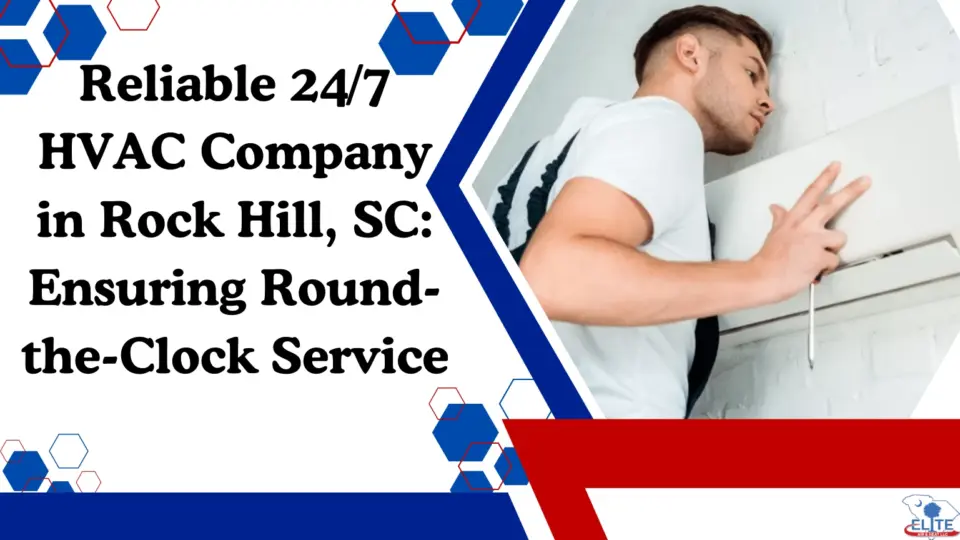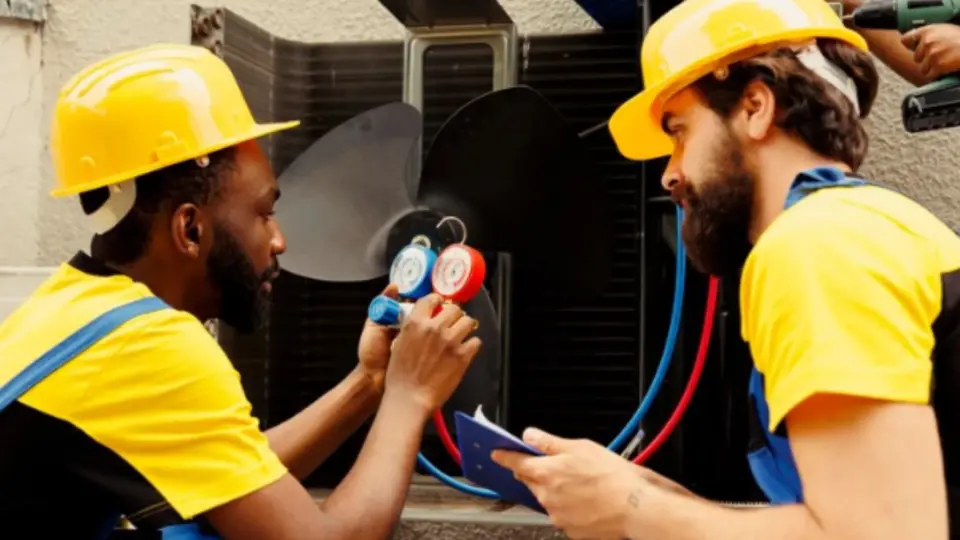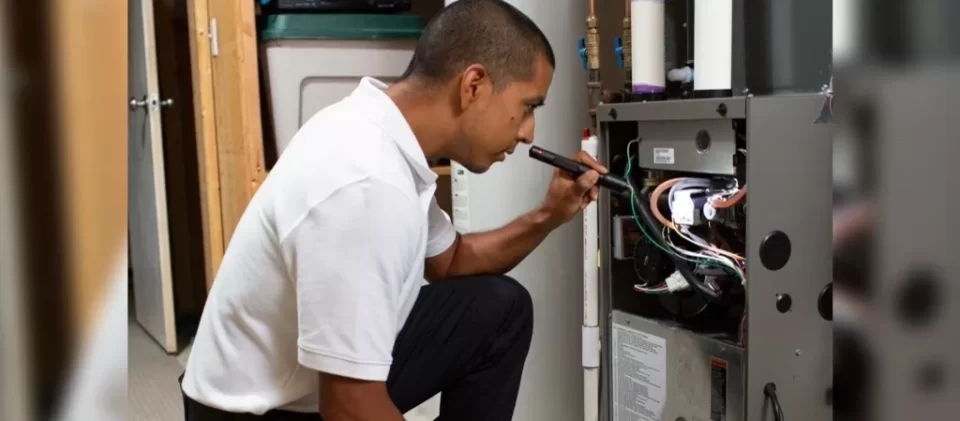Cooling your home efficiently is a priority, especially when the heat ramps up during summer. But with so many types of cooling systems available, how do you know which one is best for your home?
Whether you’re considering a new system or upgrading an existing one, understanding the options is crucial. Here, we break down the main types of cooling systems and offer expert insights from a cooling contractor to help you make an informed decision.
What Are The Main Types Of Cooling Systems Available For Homes?
When it comes to cooling your home, there are several systems to choose from, each offering unique benefits and challenges. Here’s a quick overview of the most common options:
- Central Air Conditioning Systems: These systems are the most common in many homes across the U.S. Central AC units cool air at a central location and distribute it throughout the house via a system of ducts and vents. They are effective for maintaining a consistent temperature but can be costly to install if ductwork isn’t already present.
- Ductless Mini-Split Systems: Ductless systems, as the name suggests, don’t rely on ductwork. Rather, they use a combination of an outdoor unit and an indoor unit or units to direct the cooling of individual rooms. They’re great for homes without existing ducts or where you want to control the temperature of specific rooms independently.
- Window Units: Window air conditioners are an affordable and simple option for cooling single rooms. They are easy to install, but they are less energy-efficient and may not be the best solution for cooling an entire home.
- Portable Air Conditioners: Like window units, these can be relocated from one room to another. They’re great for cooling a single space temporarily but tend to be less efficient than fixed options.
- Evaporative Coolers (Swamp Coolers): Ideal for dry climates, evaporative coolers use water to cool the air, which is then circulated throughout the home. While highly energy-efficient, they are less effective in humid areas.
Each of these systems offers its advantages, but choosing the right one depends on your home’s unique requirements and personal preferences.
How Do Central Air Conditioning Systems Differ From Ductless Systems?
Central air conditioning systems and ductless mini-splits serve the same fundamental purpose—cooling your home—but they do so in very different ways.
- Installation and Ductwork: Central AC systems rely on a network of ducts to distribute cooled air throughout the home. If your home already has ductwork in place, this may be the easiest and most effective option. Ductless systems, on the other hand, don’t require any ductwork, making them ideal for older homes or new constructions without existing duct infrastructure.
- Efficiency: Ductless mini-split systems tend to be more energy-efficient than central systems, primarily because they avoid the energy loss that can occur in ductwork (especially if the ducts are old or leaky). You can also control the temperature in different zones or rooms, meaning you don’t need to cool the entire house if you’re only occupying a specific area.
- Cost: Central AC systems are often more affordable to install if you already have ducts, but the installation costs can be high for homes without them. Ductless systems generally have a higher upfront cost, but the ability to cool specific rooms means they can save you money on energy bills over time.
- Maintenance: Central systems require regular duct cleaning to ensure efficiency, while ductless systems need filter cleaning and less intensive maintenance. However, central systems may last longer with proper upkeep, making them a long-term investment.
Both systems have their pros and cons, and the choice often depends on your home’s existing infrastructure and your budget.
What Factors Should Homeowners Consider When Choosing A Cooling System?
Choosing a cooling system for your home can be overwhelming, but narrowing down the options based on a few key factors will make the decision easier:
- Home Size: Your cooling system needs will be heavily influenced by the size of your home. Larger homes may benefit from the power of a central AC system, while smaller homes or individual rooms could work well with a ductless mini-split or window unit.
- Energy Efficiency: Look for systems with high SEER (Seasonal Energy Efficiency Ratio) ratings. These ratings indicate how efficient the system is at cooling your home while using the least amount of energy. Choosing an energy-efficient system can save you significantly on energy bills in the long run.
- Climate: Your geographic location and climate can also affect the best type of cooling system for your home. In humid climates, a central AC system or ductless system with built-in dehumidification may work best. In drier climates, an evaporative cooler might be a more efficient option.
- Budget: Your budget will influence whether you can install a central AC system, opt for a ductless system, or settle for more affordable portable or window units. It’s also essential to factor in long-term energy costs and maintenance when considering your budget.
- Personal Comfort Preferences: Do you prefer controlling the temperature of each room separately? Or do you want one consistent temperature throughout the home? Your comfort preferences will help guide whether a central AC or ductless mini-split is the right choice.
How Can A Cooling Contractor Help In Selecting The Right System For My Home?
Navigating the sea of cooling options can feel overwhelming, but that’s where a professional cooling contractor comes in. Here’s how they can help:
- Expert Assessment: A cooling contractor can assess your home’s size, layout, and insulation to recommend the most efficient system. They’ll also consider factors like the number of rooms you want to cool and whether your home already has ductwork in place.
- Energy-Saving Advice: Contractors can provide insights into the most energy-efficient systems for your home, saving you money on both installation and long-term energy costs.
- Customized Solutions: Not every home has the same cooling needs. A contractor can help customize a solution that fits your specific situation—whether that’s recommending a multi-zone ductless system or a central AC with smart thermostat capabilities.
- Proper Installation: One of the most significant advantages of working with a professional is ensuring that the system is installed correctly. Poor installation can lead to inefficiency, higher energy bills, and even system failure over time. A cooling contractor ensures the system is installed according to manufacturer standards.
There’s no one-size-fits-all solution for home cooling systems. Each home, budget, and climate is different, and the ideal system will depend on your specific needs. By understanding the options and consulting a professional cooling contractor, you can ensure your home remains comfortable all year round.
How Elite Air & Heat LLC Can Help You Choose the Right Cooling System
At Elite Air & Heat LLC, we’re committed to helping homeowners make informed decisions about their cooling systems. With years of experience in the HVAC industry, we understand that every home has unique needs, and our team of experts is here to guide you every step of the way.
Whether you’re considering a central AC system, a ductless mini-split, or need advice on energy-efficient solutions, we’ll provide a personalized assessment to ensure you get the best system for your home.
Our services include free in-home consultations, where we assess factors like your home’s size, insulation, and climate to recommend the best cooling solution. We offer a wide range of energy-efficient options with high SEER ratings to help you reduce energy costs while staying comfortable. Our technicians are certified and experienced in both installing and maintaining a variety of systems, ensuring that the system you choose is installed to the highest standards.
We also provide ongoing maintenance and repair services, ensuring your system runs smoothly year-round. With Elite Air & Heat LLC, you’ll receive comprehensive support—from system selection to installation and beyond—to keep your home cool and comfortable. Contact us today to schedule your consultation!




